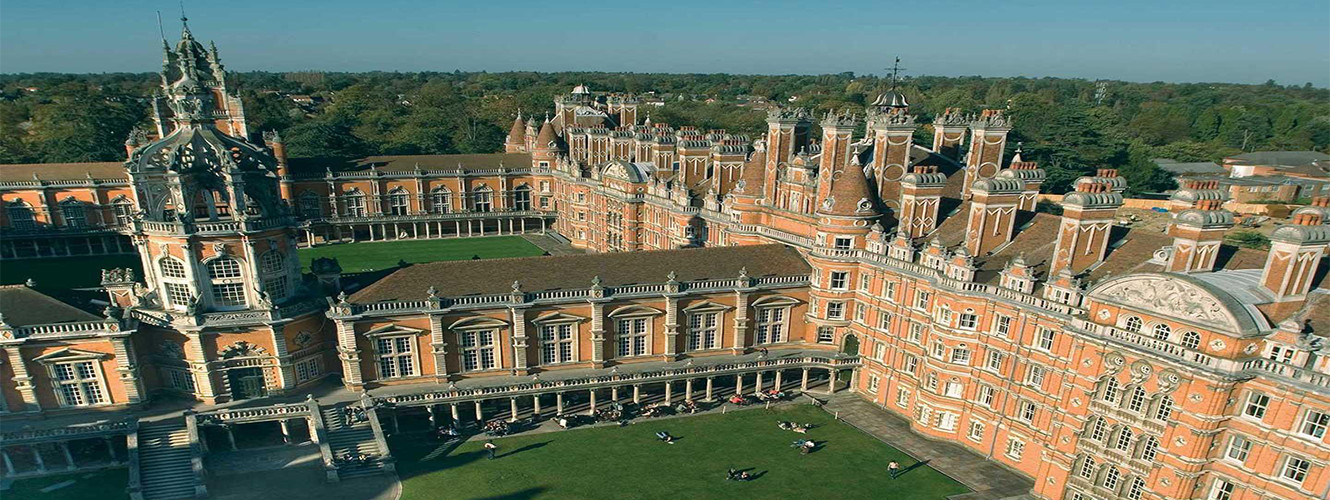UK012 MSci Astrophysics Royal Holloway University of London
-
THÔNG TIN CHUNG
Our students often say their enthusiasm to study Physics stems from wanting to learn more about the Higgs particle, dark matter, nanotechnology or just a wide-ranging curiosity about how things really work. Whatever your reasons, our Physics department aims to inform and excite you in the study of Physics, the most fundamental of the sciences.
On our four-year Astrophysics MSci, you’ll come to understand new concepts and paradigms, developing the deep conceptual framework that will allow an advanced understanding and appreciation of nature. You’ll develop core Physics concepts, including classical physics, quantum phenomena as well as mathematical and experimental skills.
Unlike solid-state physics (as with the Physics MSci) the emphasis will shift to astronomy, astrophysics and cosmology, and in later years you’ll cover topics such as Stellar Astrophysics and Atomic & Nuclear Physics. As you progress through the course, modules in Particle Astrophysics, Planetary Geology and Geophysics, General Relativity & Cosmology and Optics will lead you into research level topics which you'll cover in greater depth as an MSci student, than on a BSc degree. In your fourth year you can choose from an incomparably wide range of options and expertise, including courses from University College London, King's College London and Queen Mary, University of London.
We’re a research-intensive department based at our Surrey campus – well away from the light pollution of the big city, which allows our telescopes to provide the best observational astronomy in the University of London. We also have close ties with, and conduct research at major international laboratories such as CERN, ISIS and Diamond, plus collaborations with SEPnet universities and other major institutions around the world.
-
CƠ HỘI NGHỀ NGHIỆP
A degree in Physics is one of the most sought after and respected qualifications available.
The training in logical thinking, the ability to analyse a problem from first principles in an abstract, logical and coherent way, and to define a problem and then solve it, are critically important skills. These skills go well beyond your specific knowledge of physical phenomena they’re the reason why Physics graduates go on to excel in all types of employment, including those only loosely related to Physics, like management and finance, as well as scientific, technical, engineering and teaching careers. In this way, a degree in Physics helps keep your future employment options both bright and open.
- ĐIỀU KIỆN ĐẦU VÀO
- ĐIỀU KIỆN NGÔN NGỮ
- HỌC BỔNG
- ĐỊA ĐIỂM
Tóm tắt
-
Phí ghi danh
0
-
Độ dài khoá học
4 năm
-
Kỳ nhập học
Tháng 9
Phí Cơ Bản
-
Loại Tiền
-
Học Phí
Trên năm -
Phí Sinh Hoạt
Trên năm -
Tổng






